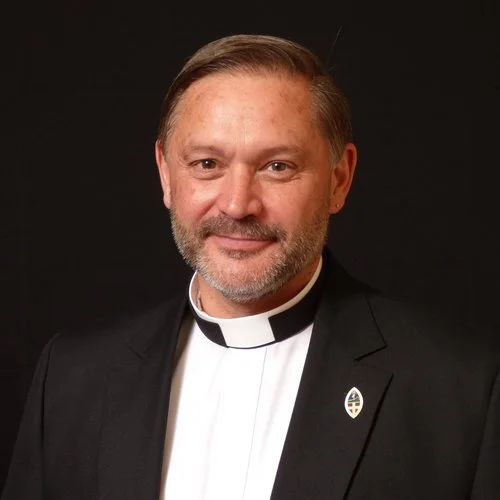I imagine that in Jesus’ time, among those who followed him and those among whom he ministered, having food for the day was an unsure thing and so a big deal. Food scarcity was a reality for most and this fact magnifies the significance of the miraculous feeding of the four and five thousand. With scarcity on their minds, Jesus asked his disciples to trust him with the few loaves and fish that they might otherwise keep for themselves. Very likely, his words spoken here in prayer to our Father reminded them of the manna given in the wilderness. All very necessary to sustaining life along the way and all very necessary to being God’s people. They were hungry in the wilderness and they were grumbling against God, against Moses, and probably against neighbors too. How hard must it be to love God and neighbor when ones stomach is empty and when ones well-being is truly precarious? “Our Father in Heaven, give us our daily bread, that freed from the pains of hunger, we can love and serve you and our neighbors.” Maybe these words said in church every Sunday can again remind us - not shame us - of the hungry folks in our community and around the world and that feeding is more than just redressing hunger, but is a freeing of people to love God and neighbor. Maybe in that light we appreciate more deeply our roles as stewards of the God-given treasures we have been gifted for our use and for sharing.
This observation does not, of course, exhaust the treasury of what Jesus says. The way he frames this petition suggests how important this is not just for us but to God. Notice where this one line is placed within the Lord’s prayer. It comes between the weighty matters of Heaven come to earth and the forgiveness of sin, between matters of good and evil, between the incarnation of Heaven come to earth and the resurrection to new life through the forgiveness of sins. Between issues of cosmic and eternal consequence, is a request for earthly bread. Does that feel out of place, like the insertion of a less weighty matter? Actually, its placement heightens its significance. Daily bread is for life lived now between the inauguration of the Kingdom and its future fulfillment, the first coming of Christ and the second. It is right there in the middle of revelation and redemption, of “your kingdom come” and “forgive us our sins.” The giving of bread is Heaven come to earth and it is food for the healing of sin and for the resistance to evil. Daily bread tells us that in the midst of all that is happening in the heavenly realm, God has his eyes on us and our needs. It signifies that God’s love for us is something in which we can take great trust. As beneficiaries and stewards of that love, let us trust more deeply in God’s love for us and trust that we can more generously share God love through committing our time, talent, and treasure to the building up of God’s Kingdom in our time and place.
Grace and peace,
Fr Bill+

